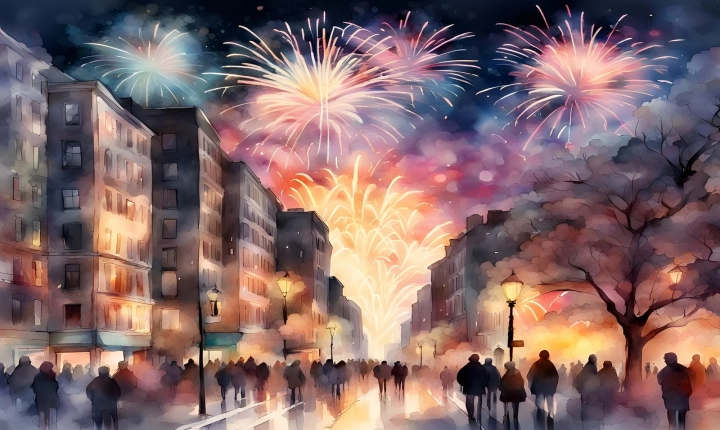Are AI Images Copyrighted?
The proliferation of artificial intelligence (AI) has raised questions about the copyright status of images generated by AI systems. With AI becoming increasingly sophisticated and capable of producing high-quality images, it’s essential to understand the legal implications of using these AI-generated images.
In traditional copyright law, original works of authorship, including photographs and digital images, are automatically granted copyright protection as soon as they are created and fixed in a tangible form. This protection gives the creator exclusive rights to reproduce, distribute, display, and create derivative works based on the original image.
However, when it comes to AI-generated images, the situation becomes more complex. Since the images are not created by a human author in the traditional sense, questions arise about who holds the copyright to these works. In some cases, the AI system itself may be considered the author, while in others, the human developers who trained the AI or provided the input data may be seen as the creators.
One of the key factors in determining copyright ownership is the level of human input and creativity involved in generating the images. If an AI system is simply following pre-programmed algorithms and rules without human intervention, it may be challenging to establish copyright ownership. However, if human designers or programmers are actively involved in guiding the AI’s creative process, they may have a valid claim to the copyright.
In some jurisdictions, such as the European Union, there is debate about whether AI-generated works can be eligible for copyright protection at all. The EU’s Copyright Directive defines a copyrighted work as “the result of its author’s own intellectual creation.” This raises questions about whether AI can be considered an “author” in the legal sense and whether its output can be classified as an “intellectual creation.”
Another issue is the use of existing copyrighted material to train AI models. Many AI systems are trained on large datasets of existing images, which may contain copyrighted material. This raises concerns about potential infringement when the AI generates new images that are similar to the copyrighted works used for training.
So, what does this mean for individuals and organizations that want to use AI-generated images? The ambiguity around copyright ownership of AI-generated images highlights the need for caution and due diligence. It’s essential to seek legal advice and understand the copyright status of AI-generated images before using them for commercial or public use.
In conclusion, the copyright status of AI-generated images is a complex and evolving area of law. As AI technologies continue to advance and generate increasingly realistic and sophisticated images, the legal framework surrounding copyright ownership will need to adapt accordingly. For now, it’s crucial for creators, users, and legal experts to stay informed about the latest developments in copyright law and AI technology to navigate this rapidly changing landscape.
